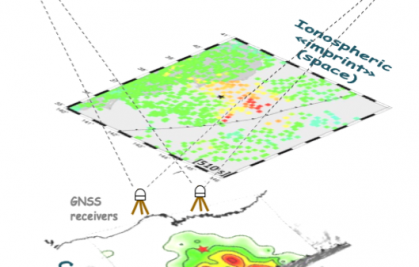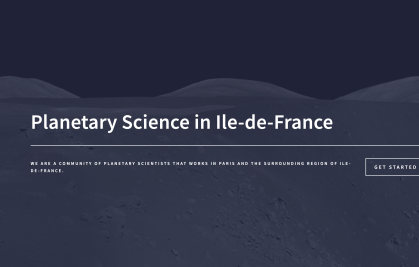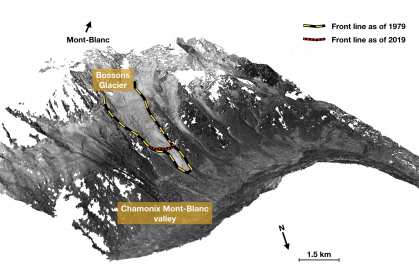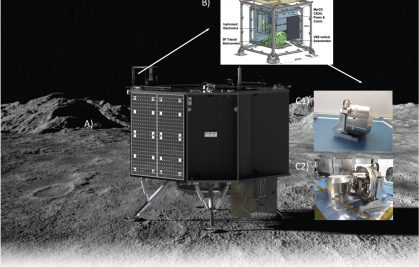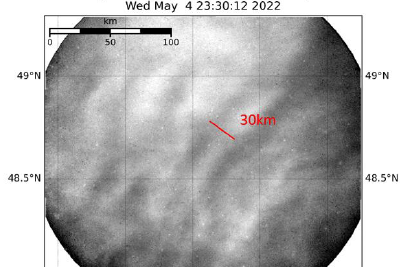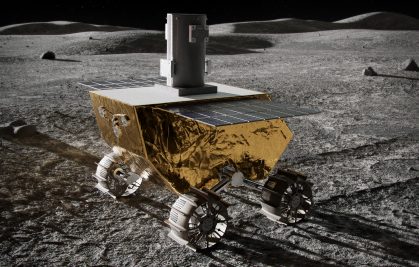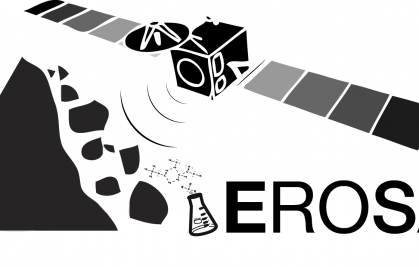Planetology and Space Sciences Team Projects
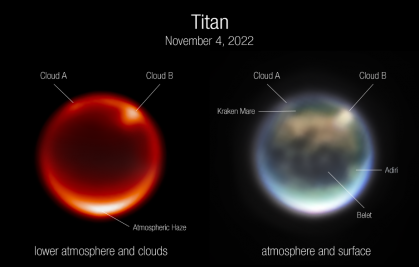
Coordinators : Sébastien Rodriguez, Conor A. Nixon
July 2022 - December 2023
International partnership outside Europe
James Webb Space Telescope (JWST) Guaranteed Time Observer cycle 1: Titan Climate, Composition and Clouds
We focus on the extremely broad capability of the combined JWST instrument suite to advance our understanding of Titan’s gases, hazes, condensates (cl...
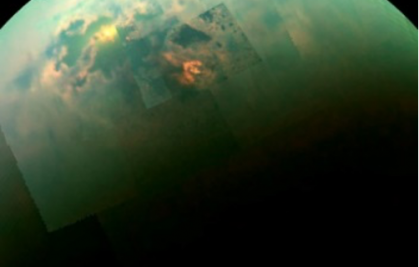
Coordinators : Sébastien Rodriguez, Sandrine Vinatier
January 2021 - December 2025
National partnership
ANR project : 3D radiative transfer in cloudy planetary atmospheres: applications to Titan, Venus and Mars
The main objective of this project is to develop a full 3D radiative transfer (RT) model in spherical geometry for the study of horizontally heterogen...
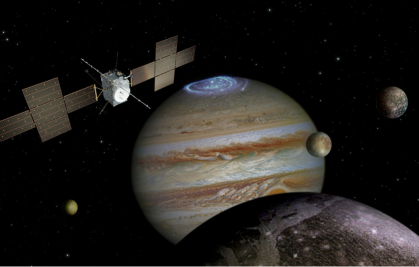
Coordinators : Sébastien Rodriguez
January 2020
National partnership
APR CNES: Development of super-resolution mapping methods for Icy moons: Applications to Titan and future observations of Ganymede and Callisto by ESA's JUICE mission
Preparing the forthcoming JUICE mission by benefiting from super-resolution mapping methods developed for Cassini/Huygens data. JUICE mission aims ...
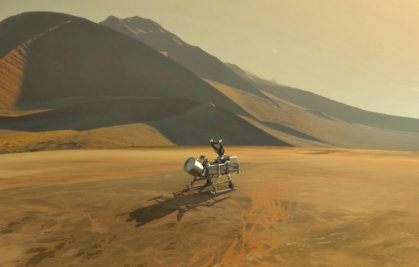
Coordinators : Sébastien Rodriguez
January 2020
National partnership
CNES Research project: Dragonfly landing site characterization on Titan: geological and climatic history on the region of the Selk crater
Our project aims at implementing an original methodology coupling information extraction on the nature of Titan's surface (analysis of Cassini-Huygens...
In detail





